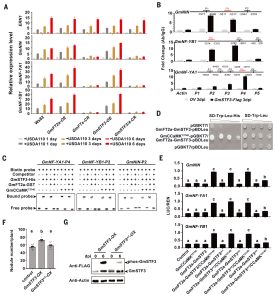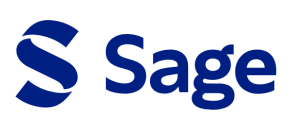Two institutional investigations that concluded in 2016 and 2019 found scientific misconduct in multiple publications from the lab of a leading urologist at the University of California, San Francisco, Retraction Watch has learned.
The investigations could not determine who had manipulated the published images of experimental data, but the 2019 report concluded that Rajvir Dahiya, also director of the urology research center at the San Francisco Veterans Affairs Medical Center, “was senior/last author on all these publications and therefore responsible for the results.” Dahiya retired in 2020.
The two investigation reports, which we obtained through a public records request, along with the reports from the preliminary inquiries preceding the investigations, recommend notifying the journals that published eight papers of the issues identified. Four have so far been retracted, one corrected, and two marked with expressions of concern. One of those expressions of concern was published last month.
In comments to Retraction Watch, Dahiya blamed the findings that research misconduct occurred in his lab on the age of the papers. He said the VA destroyed notebooks with original data that had been stored in a central facility after the required data retention period had lapsed:
Continue reading Exclusive: UCSF and VA found “pervasive” manipulation in lab of former center director








